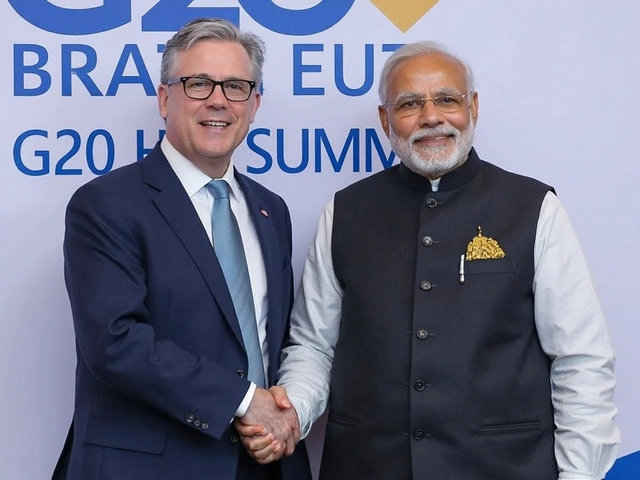Hate: What It Is and How to Deal With It
When you hear the word “hate,” you probably picture anger, violence, or harsh words on social media. In reality, hate is more than a feeling – it’s a pattern of thinking that fuels negative actions and can spread quickly online. Knowing why it happens helps you stop it before it gets out of hand.
Why Hate Shows Up Online
First, the internet gives people a shield. Behind a screen, folks feel safe saying things they would never voice face‑to‑face. Anonymity, echo chambers, and algorithms that push sensational content all make hate easier to share. When a post gets a lot of reactions, the platform’s algorithm pushes it further, creating a cycle that keeps the hate visible.
Second, personal frustrations often spill over. If someone is stressed at work or dealing with loss, they might redirect that energy toward strangers on a forum. The target then becomes a convenient outlet, even if the issue has nothing to do with them.
Third, cultural and political divides add fuel. When people feel their identity or values are under attack, they may double down and label anyone with a different view as the enemy. This us‑vs‑them mindset turns disagreement into hate.
Practical Steps to Reduce Hate
Start with a pause. If a comment makes you angry, take a breath before replying. A quick break can stop an impulsive reaction that might add to the conflict.
Use the platform’s tools. Most sites let you mute, block, or report hateful content. Don’t ignore these options – they protect you and signal to the platform that the behavior isn’t acceptable.
Talk it out offline. If you see a friend posting hateful remarks, ask them calmly why they feel that way. Often, a simple conversation can reveal misunderstandings and calm the situation.
Seek diverse perspectives. Follow accounts that challenge your views in a respectful way. Seeing a range of opinions reduces the feeling that everyone else thinks the same, which can lower the urge to label others as “the enemy.”
Finally, focus on positive actions. Share stories that highlight cooperation, support local charities, or comment with encouraging words. Positive content often spreads faster than negative, and it creates a healthier online space for everyone.
Dealing with hate isn’t a one‑time fix; it’s a habit. By staying aware of why hate surfaces and using these simple steps, you can protect your own peace and help make the internet a friendlier place.
I hate my country, India. I love Australia. What should I do?
In my recent blog post, I expressed my discontent with my country, India, and my growing love for Australia. I found myself feeling stuck and unsure of what steps to take next. Many readers shared their own experiences and advice in the comments section, providing helpful insights on various aspects of emigrating. We discussed the pros and cons of leaving one's homeland, and how to make a well-informed decision. Ultimately, the choice to move to Australia requires thorough research, personal reflection, and a strong support system.




